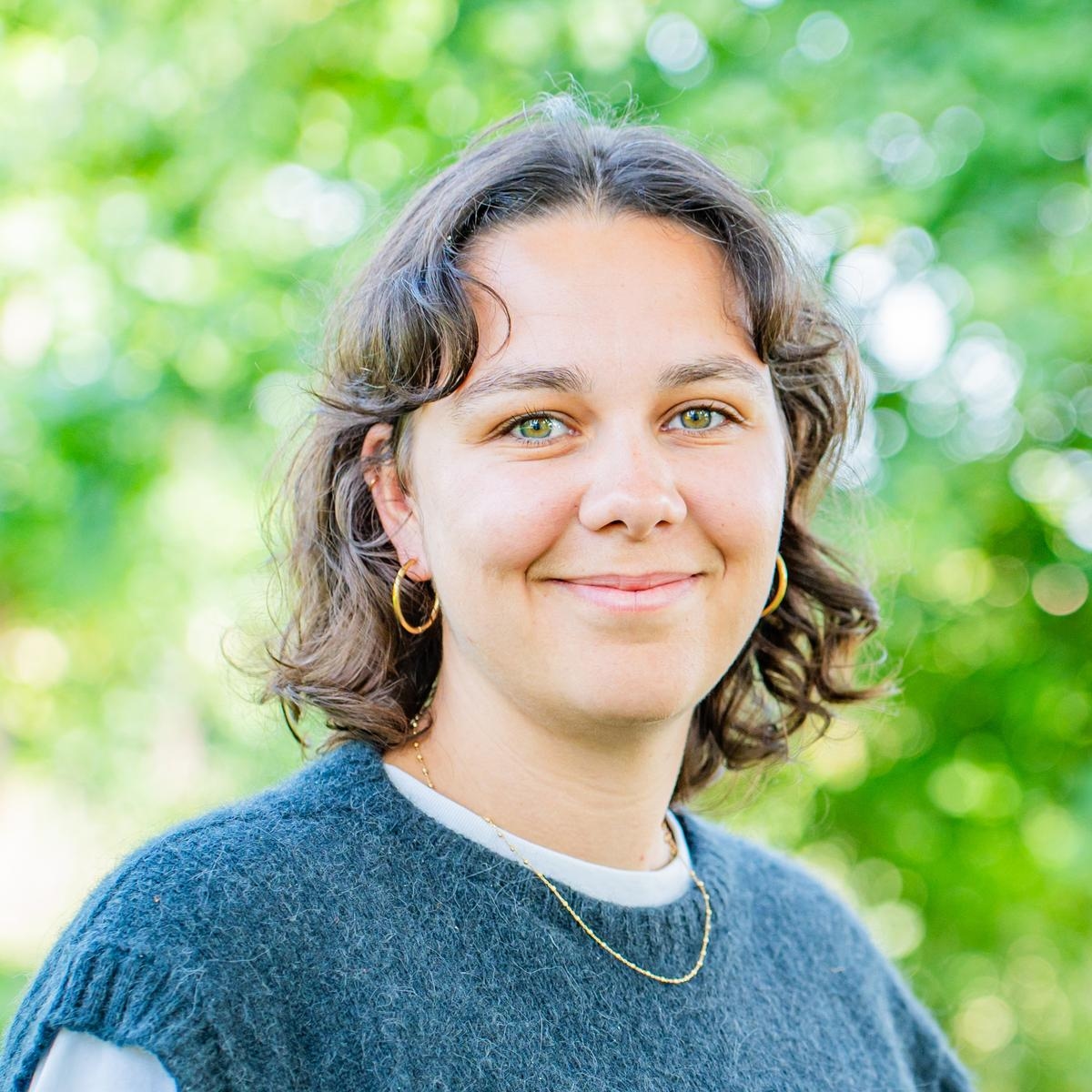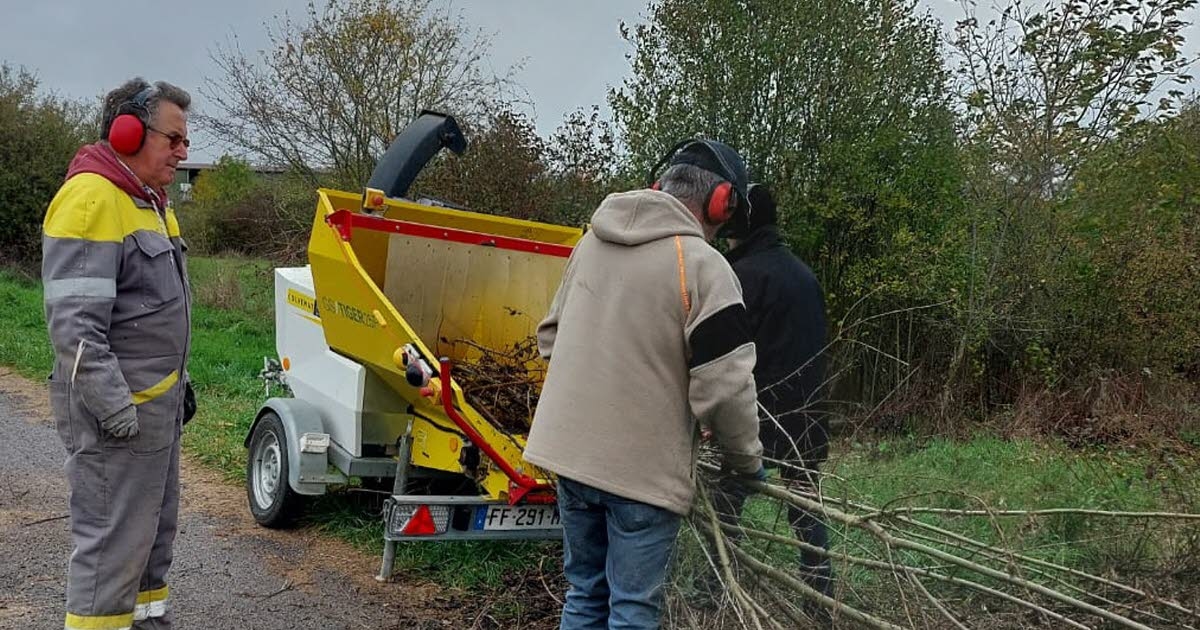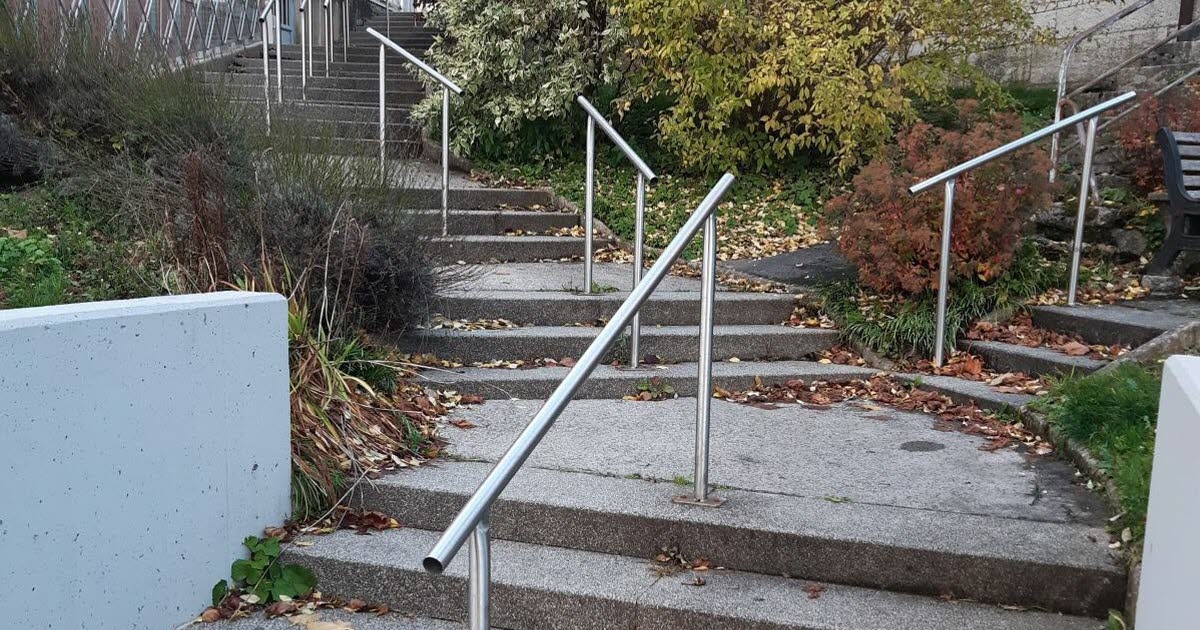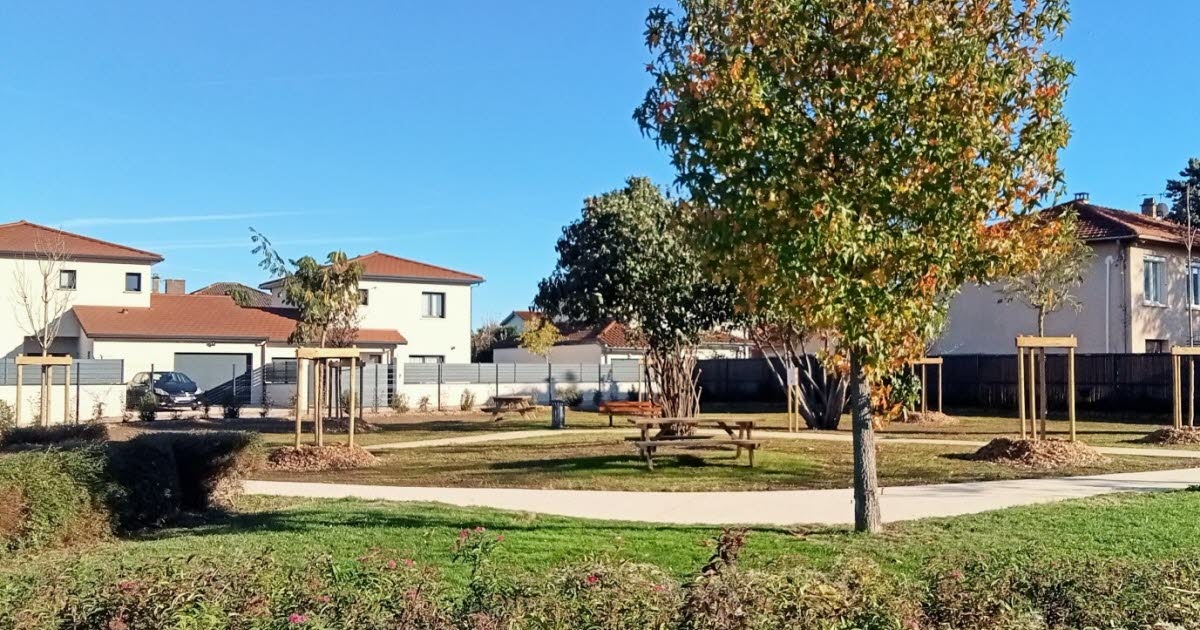Climate change: twenty farmers, including four from Nouvelle-Aquitaine, will experiment with regenerative agriculture

The Green Deal strategy aims to make Europe carbon neutral by 2050, and agriculture has a role to play in sequestering carbon in the soil. This is the starting point of the project, and it will involve the development of regenerative agriculture...
The Green Deal strategy aims to make Europe carbon neutral by 2050, and agriculture has a key role to play in sequestering carbon in the soil. This is the starting point of the project, and it will involve developing regenerative agriculture across the Mediterranean region of Europe. We have established five living laboratories (in southern France, Greece, Italy, Spain, and Israel) with farmers who will conduct experiments in real-world conditions, and with a range of stakeholders from the research community, industry, NGOs, civil society, and public administrations. By working on agricultural practices, we will generate and share knowledge through technical workshops and exchange sessions for France, organized by Agri Sud Ouest Innovation.
What practices fall under the umbrella of regenerative agriculture?
The twenty selected French farmers (cereal growers, livestock farmers, market gardeners, winegrowers, and fruit growers) — including four in Nouvelle-Aquitaine — will experiment on a plot with one or two of these practices: cover crops, reduced tillage or no-till farming, and crop rotation. We will compare carbon storage at time t and time t + 1 through physicochemical soil analyses. These measurements are also crucial. Through the LILAS4SOILS project, we hope to develop innovative methods for assessing carbon presence in the soil , as current analyses are costly and time-consuming. Therefore, we will launch a call for applications so that startups, research units, or companies with solutions in this area can test their tools and technologies in the field.
We will compare carbon storage at time t and at time t + 1, through physico-chemical analyses of the soil.
How will the monitoring be organized on the farms? Are the participants paid?
This autumn 2025, the selected farmers will receive technical advisors from Biosphères, a company specializing in regenerative agriculture, on their farms. Together, they will determine which practices they wish to experiment with and develop a future action plan. They will be required to record everything that happens on their plots: sowing dates, varieties, tractor traffic, etc. Each year, their farms will be visited to review progress, take measurements, and assess carbon sequestration. For their participation, the farmers will receive European subsidies for the duration of the project.
And what happens after the five-year lifespan of the project?
SudOuest





